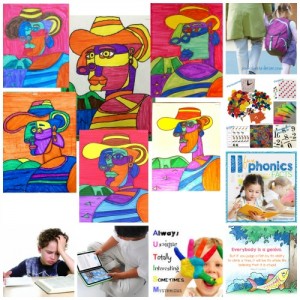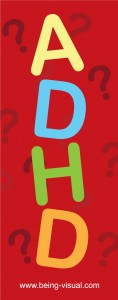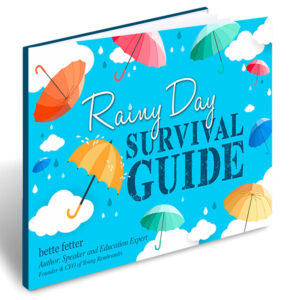ADD/ADHD
Video: Is It Really ADD?
When visual learners begin school it becomes apparent that the classroom is a difficult place for them to concentrate and focus in a manner that is necessary for cooperative learning.
Does My Visual Child Need a 504 Plan?

Looking Back at 2015

Podcast: Does Your Child’s School Understand?

Is My Child ADD or a Visual Learner?
I have good news, in many cases, a recommendation of ADD testing is not about a deficit or disorder at all. Visual learners and children with ADD share many characteristics.
In Case You Missed It…

Tune In and Be Amazed
ADD… Deficit or Design?

ADD and ADHD: Has your child been labeled?
Have you been labeled – scatter brained, distracted, inattentive, even impulsive? Has your child? Perhaps ADD or ADHD diagnosis has been away to explain these behaviors. Diagnosing ADD or ADHD is highly subjective and comes with a multitude of negative connotations. But what if it’s not a negative? What if its not even ADD ?
- What if you are operating exactly like you’re supposed to?
- What if instead of being deficient – you are actually quite gifted?
- What if you could start seeing the gift – the opportunities?
- What if you could harness and shape your gifts to work for you and not against you?
There’s good news. Visual learners share many of the same traits as ADD. Visual learners need more visual, hands on learning experiences and often struggle to organize, stay on task and pay attention. This is increasingly apparent with children in today’s language heavy, test oriented classrooms. And yet there are great advantages to being a visual learner. Some of our most creative minds, great leaders and innovative business people have been and are visual thinkers.




